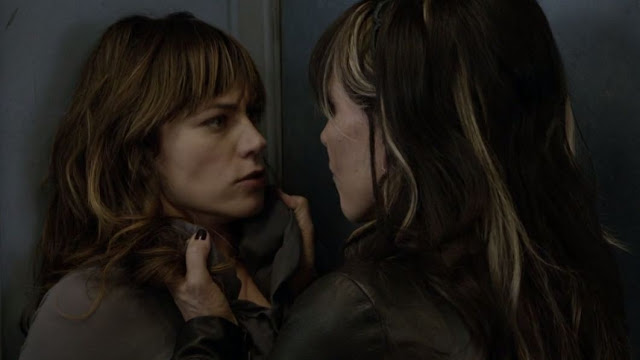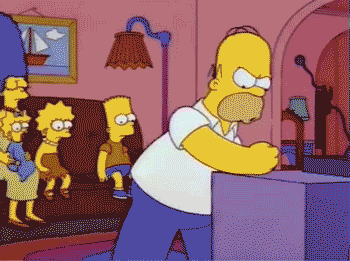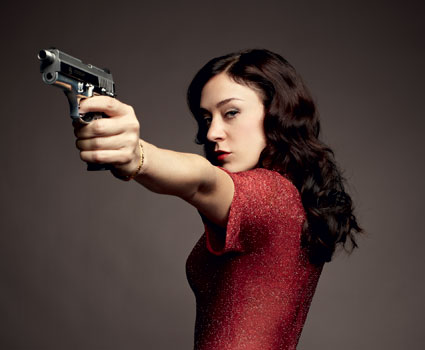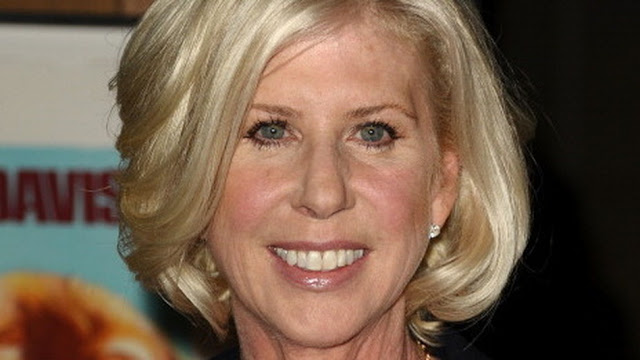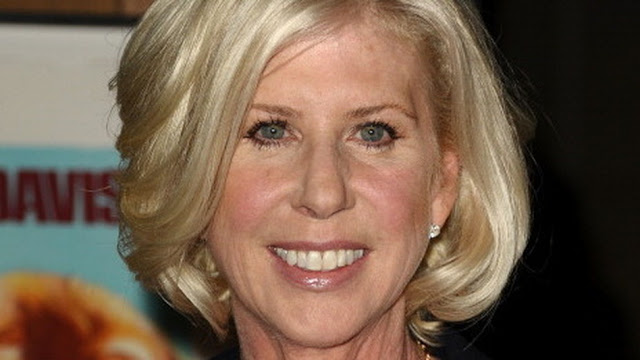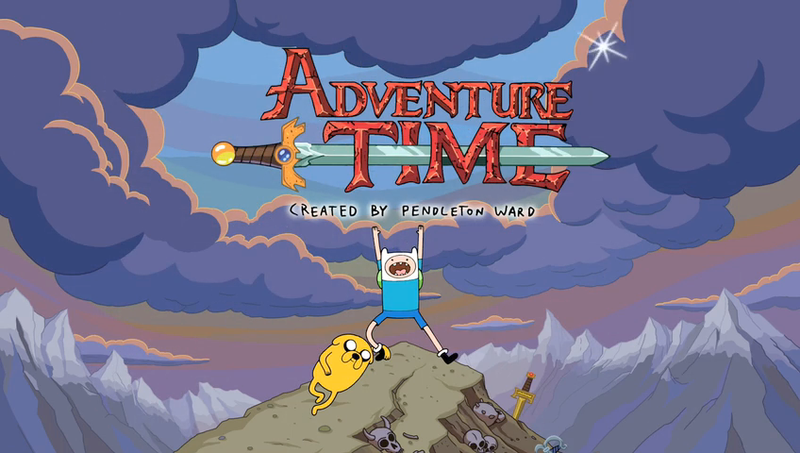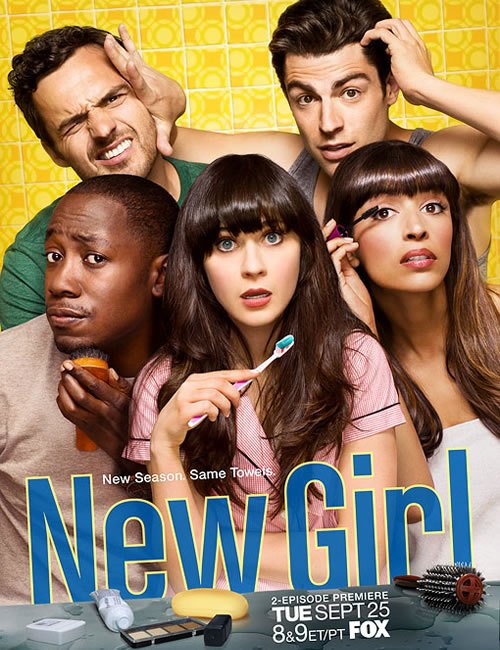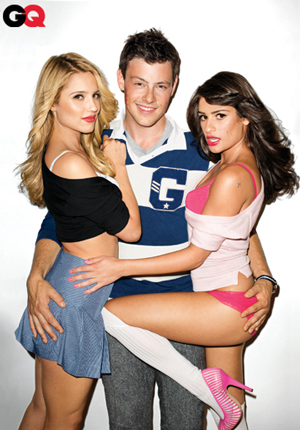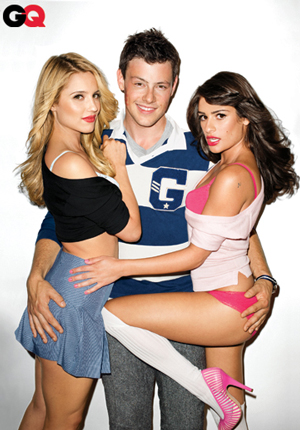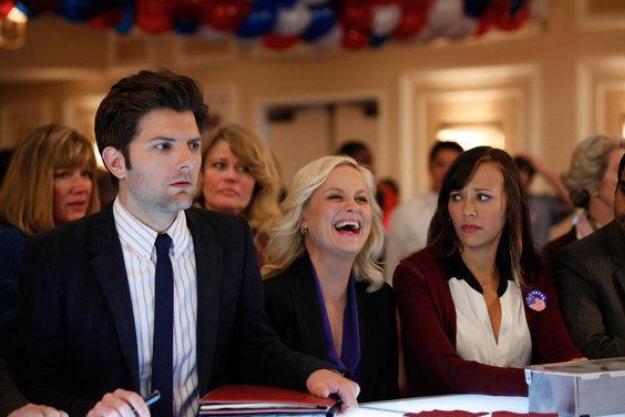 |
| The main cast of New Girl |
I’m not sure what’s happened, but I have fallen head over heels in love with FOX’s New Girl. I devoured the first season within a week and immediately caught up on the first few episodes of season two.
New Girl wasn’t a show I ever planned on watching. I actually like Zooey Deschanel, but I didn’t feel like I needed to see half an hour of her “adorkable” antics every week. The initial ads also made me believe that this show was going to be about a weird woman-child who moved in with three men who would eventually either a) pull a My Fair Lady on her and craft her into a more normal human being, or b) come to appreciate the quirky elf magic of this manic pixie dream girl and learn how to live their lives, or c) both of the above. Then one of them would fall in love with her, and they’d have a “She saved him back” moment from Pretty Woman, and they’d live manically and pixie-like forever after.
Well, this goes to show how marketing can be misleading, because New Girl is not that show at all.
 |
| Jess (Zooey Deschanel), Nick (Jake Johnson), Schmidt (Max Greenfield), and Winston (Lamorne Morris) |
Yes, the first few episodes were largely about Zooey’s character Jess moving in and the male friends adjusting to her personality, but soon, the audience was introduced to the weirder sides of Nick, Winston, and Schmidt, and we quickly saw that this was a group of people who are all freaky oddballs. Sure, Jess makes up her own theme songs and speaks in silly accents, but Nick believes that an old man who speaks to him at the bar is himself from the future, Winston gets overly competitive about a middle school bells group, and Schmidt…is Schmidt.
Sometimes Jess is the voice of reason among the weird people, sometimes she’s the odd one that one of the guys has to rein in, and sometimes, in the very best episodes, the whole gang is completely off the wall. More importantly, Jess never has to be the mommy to a group of manchildren, and the guys never have to be the condescending Three Men and a Little Lady daddies to a girl-woman. I was afraid of both of those tropes before I started watching of the show, but neither has been the case.
On top of that, New Girl also showcases a female friendship that I find delightful to watch. Jess’s childhood best friend Cece, a confident, gorgeous model, is another main character on the show, and they complement each other perfectly. They’re highly supportive of each other, they share tough love when they need to, and their heartfelt moments are always genuine. When they fight, they fight like real women fight, not like a male fantasy of catty, bitchy women.
One of my favorite episodes of New Girl is “Secrets,” when Schmidt and Cece’s secret relationship becomes known to everyone else in the apartment. Jess is horrified to learn this information, but she’s also hurt that she was the last person to find out, thinking that Cece doesn’t trust her anymore. Cece, meanwhile, was afraid of Jess’s judgment, but was more afraid of admitting that she cared about Schmidt as something more than a hookup. The fight was over by the end of the episode, and there was a refreshing lack of catfight jokes.
 |
| Jess makes up with Cece (Hannah Simone) |
There was another episode that featured an argument between two women – Jess and Nick’s girlfriend Julia – that was a great commentary on the way women fight when their personalities clash. Julia (Lizzy Caplan) is immediately put off by Jess’s whole persona, assuming that her super-girly attitude is nothing but an act, and feels threatened by Jess’s place in Nick’s life:
“I know that I’m the mean lawyer girl who wears suits and works too much, and you – you’re the really fun teacher girl with all the colorful skirts, and you bake things, and eventually Nick will come running to you, and you’ll tuck him in under his blankie.”
This ends in an argument where Julia flat-out admits that she doesn’t like Jess and quietly asks her to go away so she can cry in the bathroom. Jess doesn’t want to leave because then she won’t have anywhere to cry, but runs into the men’s bathroom to see Nick crying, and is then forced to cry in the hallway.
The sequence is hilarious and I watched it several times, but I also thought the scene, and the episode in general, was a great portrayal of how women sometimes misunderstand each other. Julia sees Jess as a threat because Jess is the living embodiment of the bubbly feminine stereotype that male writers use and re-use and over-use in their navel-gazing stories. Julia’s not being fair to Jess, but her feelings are more than understandable. Our society gives us such a narrow definition of how to be a woman that it’s easy to have knee-jerk feelings of resentment towards women who are more traditionally feminine, even if we know it’s irrational.
 |
| Julia (Lizzy Caplan) and Jess – two clashing personalities |
And by the end of the episode, Jess and Julia have put their issues aside and bonded over some girl time crocheting. They’re not suddenly best friends, but they’re cool with each other, and it was so refreshing to see two women put aside their differences without a) showing any underlying cattiness, or b) turning the show into a Hallmark card.
The show isn’t perfect, of course. The writers broke up Schmidt and Cece much too quickly, almost as though they bought into the idea that happy couples are never funny. Winston as a character still isn’t as clearly defined as the other three roommates, even though Lamorne Morris is a very funny actor. And as a former teacher, I’m perplexed as to why Jess has to quit teaching entirely after getting laid off from one school, instead of, I don’t know, trying to find a job at a different school, like most teachers do. But despite its flaws, I love New Girl for introducing me to this group of weird people and treating all of its characters with respect and affection.
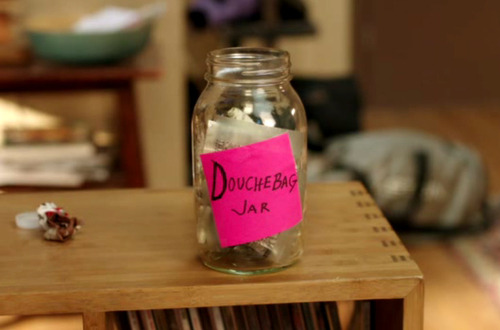 |
| Did you think I would write a whole post about New Girl without a reference to the douchebag jar? |
